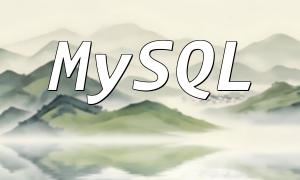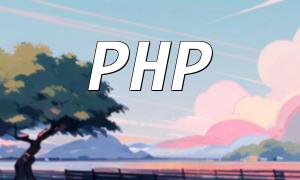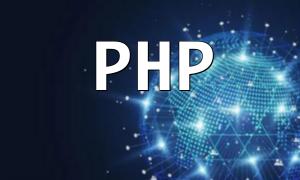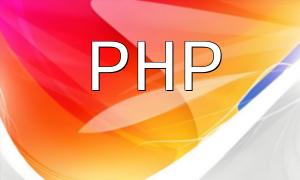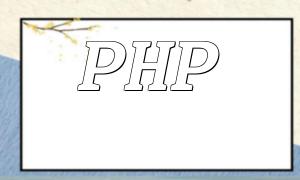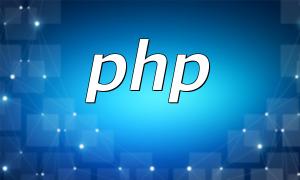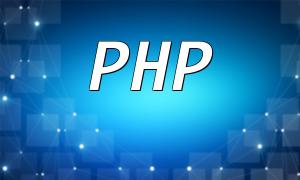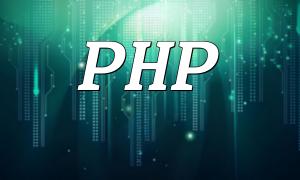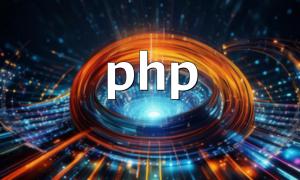Core Skills PHP Full-Stack Developers Must Master
Front-End Technologies
- HTML and CSS: Build the basic structure and style of web pages.
- JavaScript: Implement interactive features and handle front-end data processing.
- Front-End Frameworks (such as Vue.js, React.js): Simplify development workflows and improve efficiency.
Back-End Technologies
- PHP: The primary language for server-side programming.
- MySQL or PostgreSQL: Tools for data storage and management.
- MVC Frameworks (such as Laravel, Symfony): Help organize code structure and improve maintainability.
- RESTful API Development: Enable efficient data exchange between front-end, back-end, and other systems.
- Web Security: Protect applications from potential threats and ensure data safety.
Database Management
- Database Management Systems (such as MySQL, PostgreSQL): Responsible for storing and accessing data.
- SQL: Used for querying, updating, and managing data.
- Database Optimization: Enhance database response time and overall system performance.
Other Essential Skills
- Version Control (such as Git): Track and manage code changes.
- Project Management: Plan project timelines and ensure smooth delivery.
- Testing and Debugging: Ensure program stability and accuracy.
- Agile Development Methods (such as Scrum): Promote team collaboration and rapid iteration.
Conclusion
To become a qualified PHP full-stack developer, you need to have solid skills in both front-end and back-end technologies, as well as database management and project collaboration abilities. Continuously improving these skills will help you develop high-quality, high-performance applications.
